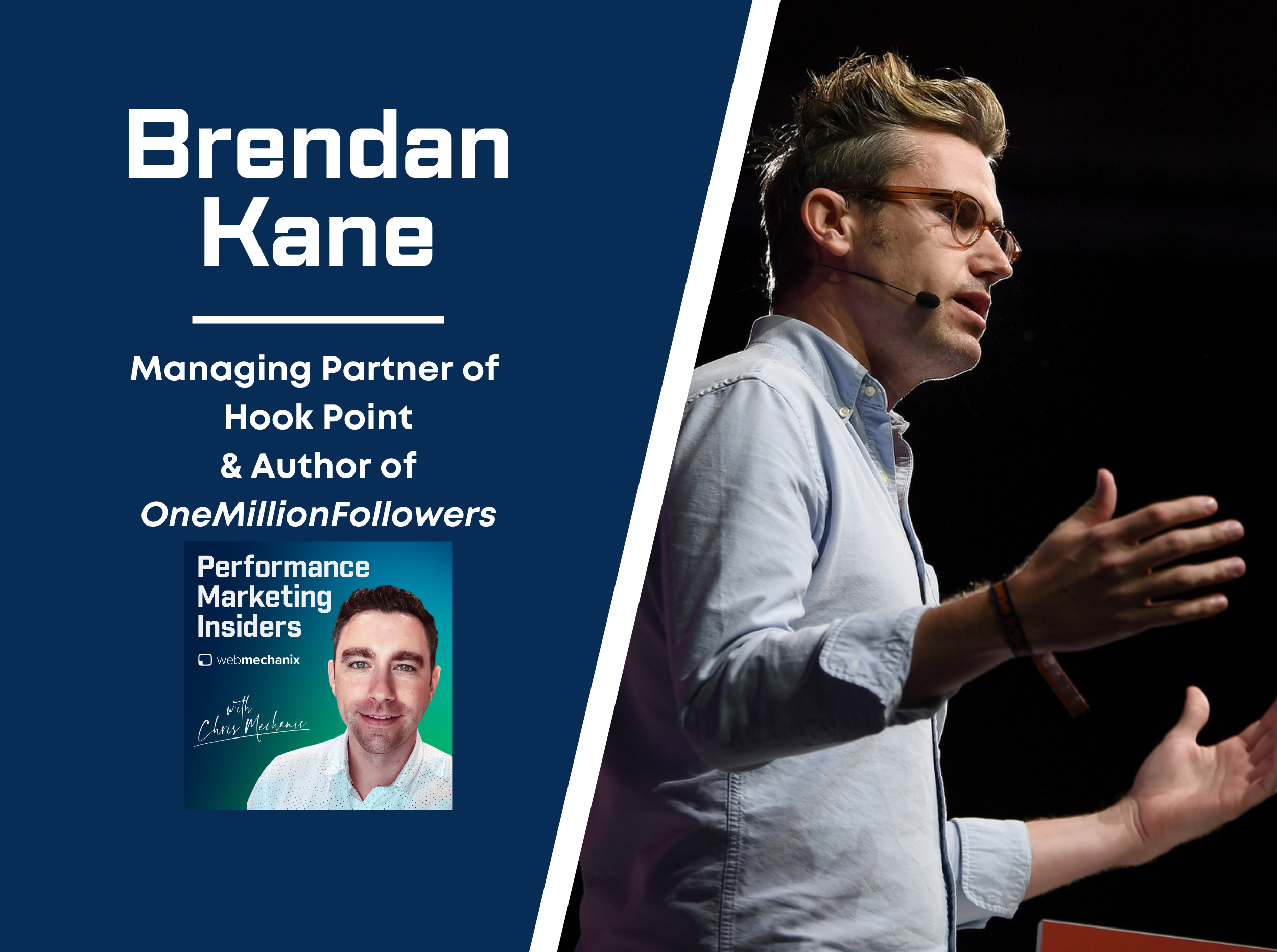
3 Common Social Media Account Management Issues for Businesses
Social media repackages age-old business problems with some new twists. Ownership disputes, bitter employee rants, and underhanded business dealings have always been around — social media just makes them more discoverable.
The difficulty in dealing with these problems stems from the fact that existing mechanisms have lagged behind. Society, businesses, and the law has done its best to adapt to these changes but there are still a lot of gray areas concerning what’s acceptable and what’s not.
So, what can you do to make sure social media snafus don’t harm your business’s bottom line?
Common Social Media Problems to Avoid
Curious where some companies run into problems with social media accounts? Here are three of the most common issues companies face.
Determining Account Ownership
Account ownership uncertainty can lead to some serious problems. If an employee is posting to an account as part of their role, a dilemma often arises when that employee moves on. Is the account property of the individual or can the company keep the account and followers?
Who retains ownership may be determined by things like (but would in no way be limited to):
- Which email was used to setup the account
- If the password is on file for the business
- Who was responsible for posting to the account
- Whether profile maintenance for the account was included in the job description
There have been amicable ways of settling this issue. For example, CNN allowed Rick Sanchez to keep his Twitter account along with its 150K+ followers. On the other end of the spectrum there are instances where accounts and their followers are viciously fought over (e.g. PhoneDog v. Kravitz).
Dealing with Off-Hour Rants
Rants about your workplace are time-honored traditions for many Americans. It’s a cathartic experience that can lead to all kinds of wonderful new insights — affirmation from friends and family, realization that you’re just whining, etc.
But what happens when those rants end up online? The permanence and visibility of these social media posts can lead to bad publicity and even jeopardize your business.
The issue exists on the border between individual freedoms and employment law. There are numerous instances where termination and other disciplinary actions against employees have been upheld (e.g. Tatro v. University of Minnesota) but findings for the employee have occurred as well (e.g. Ehling v. Monmouth Ocean Hosp.).
Overall this issue isn’t too much of a concern, however. Most states operate under some version of “employment at will”, so firing can be done without any stated reason.
Interpreting Non-Compete Violations
Historically, non-compete agreement violations were easier to identify because the method of outreach used by the ex-employee was often a deciding factor. If they were using something like the company’s mailing list in their outreach, it was a violation. If it was some form of general advertising, like a billboard, then it wasn’t a violation.
Social media can blurs lines and makes things harder to figure out. A social media status update is both targeted and general, as it has a high percentage chance of being seen by your followers (which may include customers) but is also available to be seen by the public. It then becomes an issue behind interpreting the intent behind the post. Straightforward instances (e.g. “Drop Company X and start working with Company P!“) allow you to easily infer intent, but more ambiguous ones (e.g. “Company P is open for business. Huzzah!“) allow for a broader range of interpretation.
The Solution Is (Relatively) Simple: Have An Agreement
Having an attorney draft a social media policy and agreement is the best way to avoid potential problems. That way both the employer and employee have a clear understanding about how issues involving their accounts will be resolved.
Opting not to have an agreement with employees can lead to fact-intensive litigation that is far more expensive than having the agreement drafted. Lawsuits concerning social media are quite new to courtrooms. This means you’ll be dealing with an undeveloped body of law resulting in unpredictable outcomes.
It may not seem like a necessary investment, but when you are dealing with an ex-employee seemingly siphoning your clients through his or her LinkedIn profile, then you’ll be grateful. That gratitude will grow even more as social media continues to become a bigger driver of web traffic to your website and you’re better able to protect your investments.
Most newsletters suck...
So while we technically have to call this a daily newsletter so people know what it is, it's anything but.
You won't find any 'industry standards' or 'guru best practices' here - only the real stuff that actually moves the needle.
You may be interested in:
Being the organic social algorithm’s BFF with Brendan Kane
September 28, 2022






